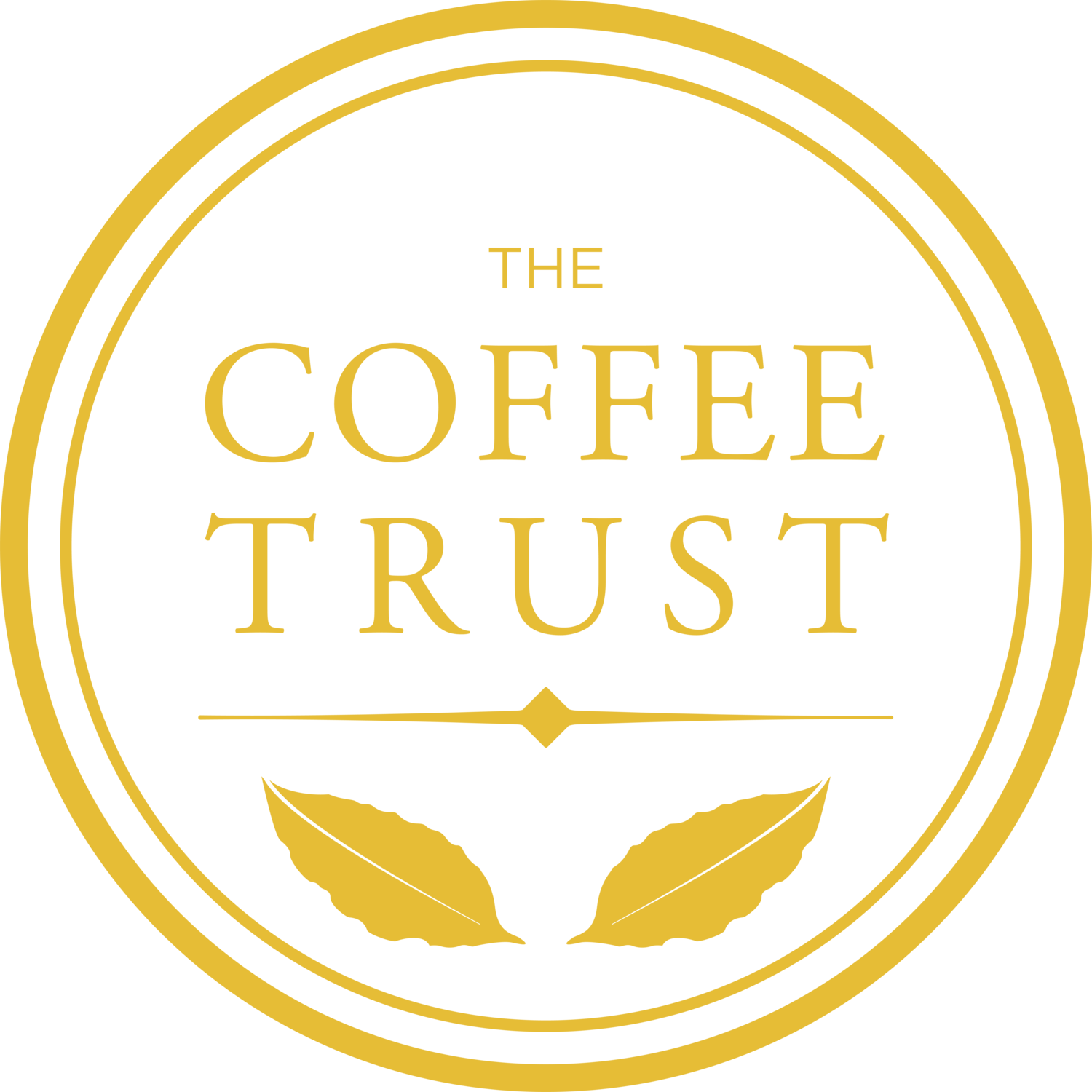Happy National Coffee Day!
Happy National Coffee Day!
Today we're celebrating coffee and those who work at all stages of the supply chain to make our morning cup possible.
We're also sharing a story that highlights the importance of farmer-to-farmer training, which is essential to The Coffee Trust's mission. This particular story is about Rafa, a farmer Bill, our Executive Director, and Paula, our International Program Director, visited on their most recent trip to Guatemala. If you missed the first part of this story, you can view it here.
We already know Rafa is an ambitious farmer. Recently, Rafa was interested in the possibility of joining together with other coffee producers in Chajul, to sell specialty coffee directly to buyers.
With the goal of producing the highest quality coffee possible, Rafa went to his cousin, Roderico. Roderico was a technician (trainer) in our Roya Recovery Project, where coffee farmers were trained in organic agricultural techniques to strengthen the health of their plants and the soil to overcome the devastating coffee rust fungus. Having also received a scholarship from The Coffee Trust to study agricultural engineering, Roderico now oversees the coordination of the local coffee cooperative's (Asociación Chajulense's) technical assistance initiative.
One important piece of the Roya Recovery Project was the use of Effective Microorganisms (EMs), pictured above. EMs are anaerobic beneficial bacteria that are sprayed on and around the coffee plant, killing the roya fungus on the leaves and starving it in the soil, while increasing soil fertility.
Rafa wanted to learn how to use EMs from Roderico.
Now, Rafa is growing corn to feed his family, and applying EMs to strengthen the plants. He also uses EMs on his nursery coffee plants.
Why is this so important? The Coffee Trust's methodology revolves around farmer-to-farmer training, relying on farmers sharing their knowledge and experience with each other to help improve agricultural, educational, and technical practices. It is a highly self-empowering method of teaching that involves a great deal of hands-on training and learning.
Farmer-to-farmer training allows farmers to gain knowledge that directly applies to them, aligning with their values and culture, and which they can in turn share with their neighbors--thus, our projects can extend well beyond the boundaries of our own organizational capacity.
Rafa has learned from this farmer-to-farmer practice, and continues to experiment with innovative farming methods that allow him to support his family and the long-term health of his farm and his hives.
The Coffee Trust works to help indigenous coffee farmers improve their agricultural practices, diversify their incomes, and raise healthy families. We do this through projects in agricultural development, honey production, economic diversification, education and scholarships, and women's savings and microcredit. We also help respond to unexpected challenges and urgent needs in the Ixil region of Guatemala, such as distributing coffee plants to replace those lost in the 2020 hurricanes, and supporting infrastructure upgrades to keep schoolchildren safe.
Our work is possible because of contributions from our community. Will you join us in supporting coffee farming families this National Coffee Day?



